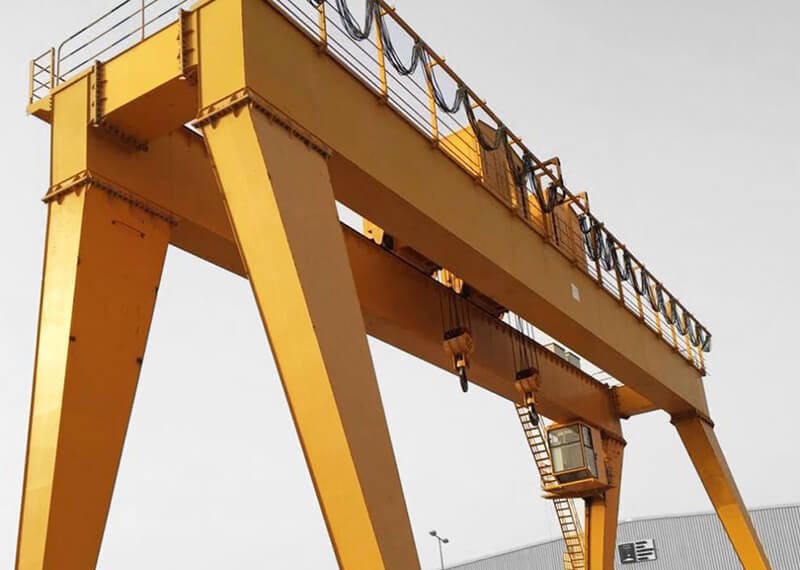
Stainless steel resistor manufacturers analyze the requirements for cranes to use resistors
Stainless steel resistors can be used in different industries, but the standards used in different industries are also different. So what are the requirements for use in the crane industry?
1. Strength of materials and components.
Stainless steel resistors should be designed to withstand the stress generated during installation and normal use, and should also have moisture resistance to abnormal heat and fire.
2. The performance of insulating materials.
Part of the insulating material due to contact with thermal stress, thermal stress and other reasons makes the insulating material parts aging, and its safety is impaired, so the insulating material parts should have the ability to withstand abnormal heat and fire.
3. Tolerate abnormal heat and fire hazard.
The test for checking electrical resistance to abnormal heat and fire hazard shall simulate the thermal effect of fire or heat source.
4. Good moisture resistance.
Under normal working conditions, the resistance should be able to adapt to possible humidity effects, and be able to withstand the alternating damp heat test of GB/T2423.4 test Db high temperature of 40 ℃, cycle 6 days and nights.
5. Impact resistance.
The resistance should be able to withstand 5g of shock peak acceleration in vertical, longitudinal and horizontal directions, with a pulse width of 11ms and a half-sine wave.
6. Resistance value error.
The relative error between the measured value of resistance, grade resistance, grade resistance and cold (20℃) resistance and the nominal resistance of the resistor element (20℃) is divided into three levels.
In summary, the content shared by the stainless steel resistor manufacturers and everyone, I hope it will be helpful to you. For more information about stainless steel resistors, please leave a message or call, and our staff will give you a detailed introduction .


